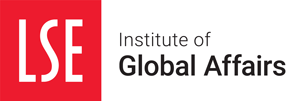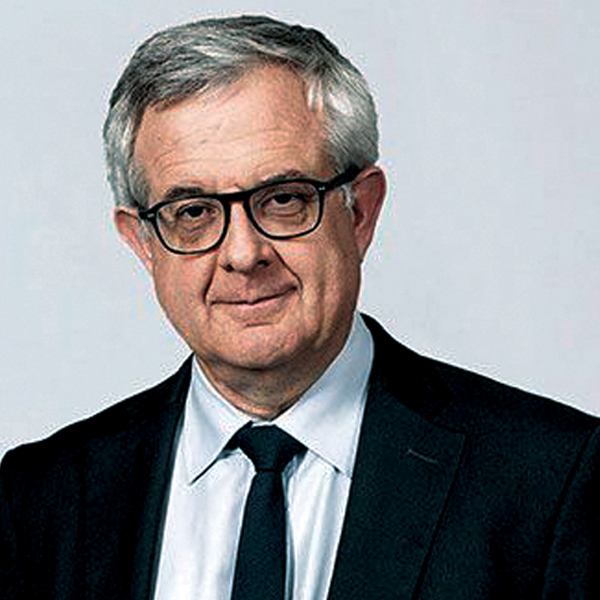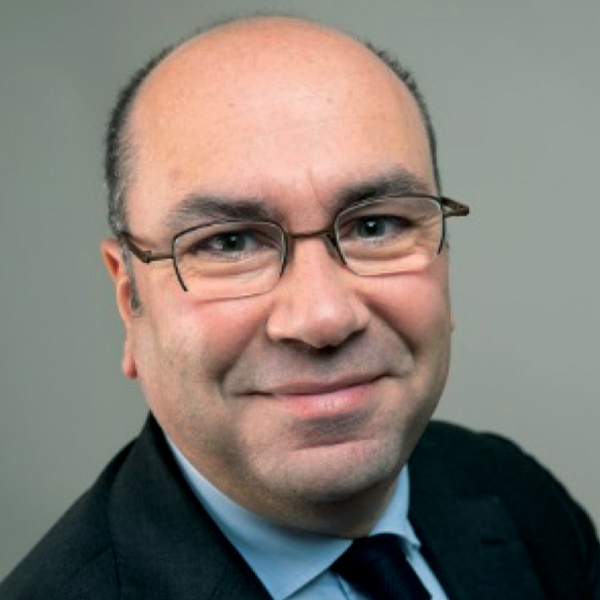GLOBAL POLICY LAB



Long-term investors are increasingly becoming aware of climate change risks and the need to take measures that will curb them. Despite this growing awareness, however, there is still a lack of products to help clients align their portfolio in the low carbon economy and finance the massive needed green infrastructure.
This constitutes the foundation of Amundi Planet Emerging Green One (AP EGO), launched in February 2018 by Amundi and International Finance Corporation (IFC). To date, it is the largest green bond fund in the world having raised $1.4 billion from institutional investors and expected to deploy $2 billion by 2025. The fund’s sole focus is emerging markets.
The origins of the strategy are rather notable, with both Amundi and IFC having decided to collaborate and develop a game-changing approach with multiple facets.
To begin with, IFC and Amundi wanted to raise the largest green bond fund ever, a feat that would send an important message to market participants on the untapped investment opportunities in emerging markets. By raising $1.4 billion, AP EGO became the largest green bond fund ever.
Secondly, AP EGO addressed the costly gap between the low yield environment in developed markets and the financing needs for extensive green infrastructure in developing markets. By taking note of the most common bottlenecks that impeded institutions from making investments in emerging markets’ green assets, Amundi and IFC were able to design pragmatic solutions to overcome these challenges.
The most common bottleneck was the perception that investing in emerging markets led to high levels of risks for institutional investors. To respond to this, IFC implemented a risk-sharing mechanism through a junior tranche in order to offer private institutional investors an appropriate risk-return from the senior tranche in line with emerging market debt premiums.
Investors had also expressed their hesitance to having risks associated with infrastructure projects in general and even more so in emerging markets. As a solution, it was decided that AP EGO would have a strategic focus on financial institutions issuing green bonds who, in their capacity as intermediaries, would repackage the proceeds into relevant financing for green projects. Financial institutions would play an important role by offering some diversification, doing the due diligence, implementing the necessary currency swaps, and so forth. As a result, the investor’s counterparty risk lies with the financial institutions and not the projects themselves.
Both the aforementioned mechanisms allowed investors to engage in emerging markets and in the financing of infrastructure, both investment opportunities that have been long deemed as “too risky”.
Another important aspect in the launching of AP EGO was the mobilization of institutional investors. The fundraising campaign conducted jointly by Amundi and IFC saw a total of $1.4 billion committed from sixteen institutional investors. The investor base was largely diversified and included other notable development institutions such as EIB, EBRD and Proparco and large European and private investors (representing 77% of the subscriptions) such as Alecta, AP3, AP4, APK Pensionkasse, Crédit Agricole Assurances, ERAFP, LocalTapiola, or MP Pension. This was a sign of strong commitment from institutional investors and, for some, a first move into emerging markets and green bonds.
Third, IFC developed a technical assistance facility aimed at building innovative supply streams to compliment the fund’s investments. IFC’s Technical Assistance Facility fosters the development of green bonds aligned with international standards, notably the Green Bond Principles, through three pillars. Firstly, it seeks to deliver training to emerging market bankers on the issuance of green bonds and the expectations from market participants during the asset’s life. Secondly, IFC provides transaction support, notably for external reviews and impact reporting of green bonds. Lastly, the program organises global and regional events that gather local banks, investors, market practitioners and policy makers.
This makes AP EGO the first comprehensive program focusing on both the supply and the demand for green bonds in emerging markets.

Fourth, the Amundi-IFC partnership in AP EGO is a novel way of participating in the new business model of development finance institutions. Traditionally, these institutions have been limited to financing projects using their balance sheets. Today’s model, however, revolves around unlocking the capabilities of other investors by leveraging their capital and creating markets with impact. This follows the realization of the need to revisit the way multilateral development banks are organized; and further develop financial innovation when it comes to public-private partnerships. For infrastructure spending, such innovation and collective cooperation is required to address the critical infrastructure situation in emerging markets. Ultimately, institutional investors, multilateral development banks and regulators have a responsibility to recognize this potential alignment of actors and act on it.
Public money will not be replaced by institutional investors but instead should be reallocated and focused in a pragmatic way in order to leverage private capital that will benefit society as well as institutional investors.
The success of this new business model for development institutions became evident when AP EGO achieved its ambitious fund raising objectives in a short period of time, won multiple awards, and received early attention from the likes of Lord Nicholas Stern or Christiana Figueres; both applauding the growing efforts of the public and private sectors in complementing each other’s climate finance efforts. For all parties involved, welcoming this new paradigm requires courage, innovation, and leadership.
In conclusion, Amundi and IFC are proud to have brought the proof of concept on how to finance green infrastructure in emerging markets. By supporting the new business model for development institutions, AP EGO played a part in tackling future infrastructure challenges in emerging markets while simultaneously creating new opportunities for market participants that go beyond the current international financial and monetary systems.
Indeed, this complements the work of the G20 Eminent Persons Group on Global Finance Governance by furthering its objective to recommend reforms on the global financial architecture and governance of the system of international financial institutions. Reforms and financial innovations, hand to hand, will pave the path for stability and sustainable growth.
Xavier Musca: After becoming adviser to the head of the Inspection Générale des Finances in 1988, he joined the French Treasury in 1989, and in 1990 became head of the European Affairs Bureau. In 1993, he joined the cabinet of prime minister Édouard Balladur as technical adviser, before returning to the French Treasury in 1995, successively as head of the Financial Market Bureau and then as Deputy Director for Europe and Monetary and International Affairs in 1996 and head of the Division for the Financing of the Economy as of 2000.He was appointed Principal Private Secretary to Francis Mer, Minister of the Economy and Finance, from 2002 and 2004. In 2004, he was made Director General of the Treasury and Economic Policy (DGTPE), a newly created body bringing together the French Treasury, the department of external economic relations and the department for forecasts and economic analysis. He became Deputy Secretary General of the French President’s Office in 2009, in charge of economic affairs, becoming Secretary General in 2011. He has been a Knight of the National Order of Merit since 2000 and the Legion of Honour since 2008 and is also a Knight of the Order of Agricultural Merit.Mr Musca is a graduate of the Institut d’Etudes Politiques in Paris (Sciences Po) and the École Nationale d’Administration (Léonard de Vinci class).
Frédéric Samama: Head Institutional and Sovereign Clients Coverage, joined Amundi in 2009. He is the founder of the SWF Research Initiative. Formerly, he oversaw Corporate Equity Derivatives within Credit Agricole Corporate Investment Banking in New York and Paris. During his tenure, he developed and implemented the first international leveraged employee share purchase program, a technology now widely used among French companies. He has advised the French Government in different areas (employee investing mechanisms, market regulation, climate finance, etc.) and has a long track record of innovation at the crossroads of finance and government policy. Over the past few years, his action has been focused on climate change with a mix of financial innovation, research and policy making recommendations.